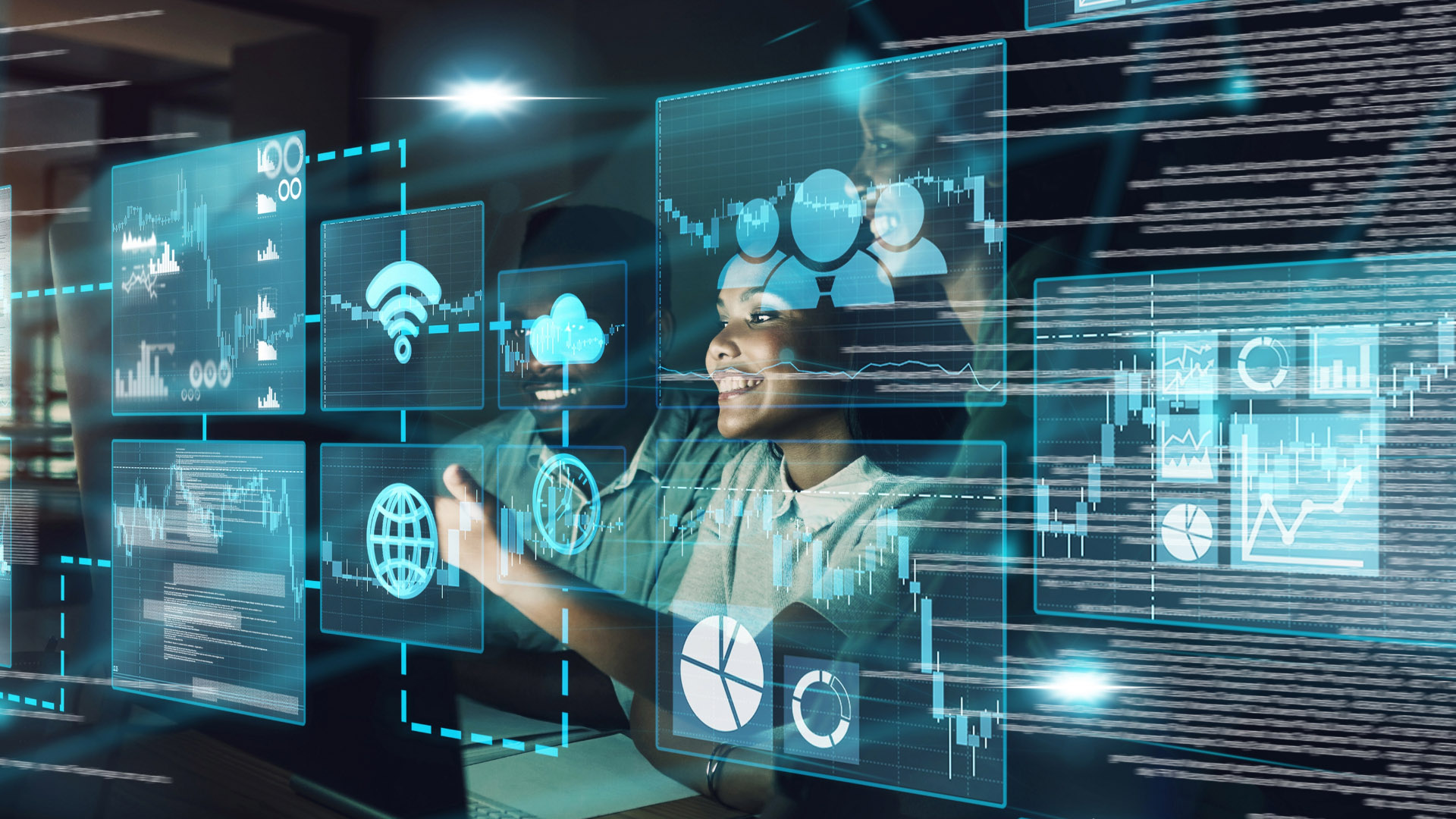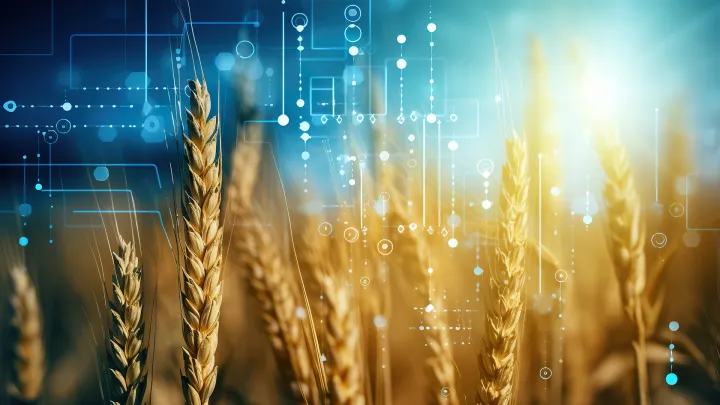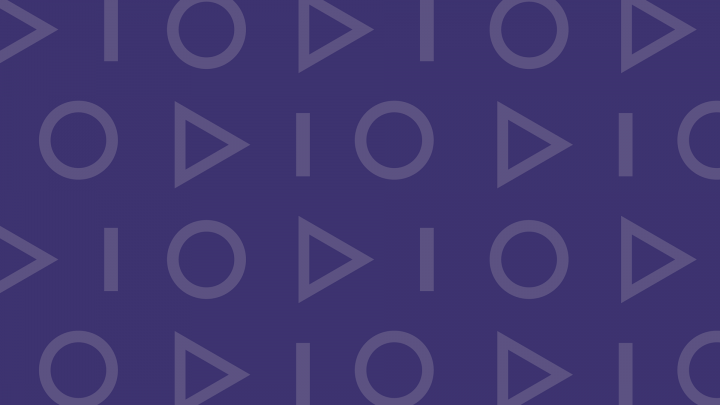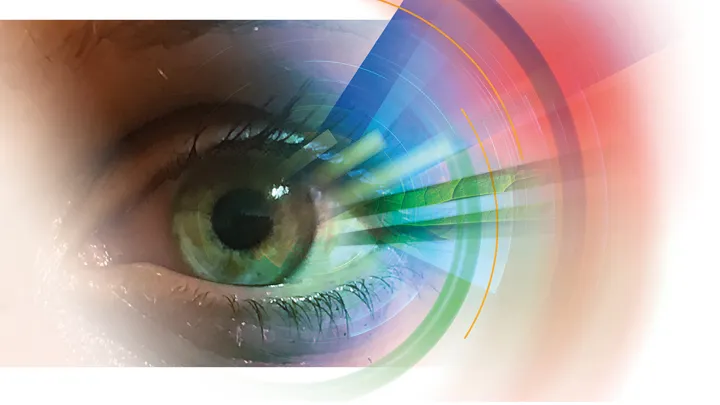Digital transformation in education
The digitalization of teaching and learning requires multi-level research. Digital transformation is reshaping work practices, and the evolving workplace demands new types of skills. Both students and employees continuously face the need to update their competencies and skills due to technological changes and shifting work practices.

Digital transformation in education requires pedagogical innovations to ensure a skilled workforce and prepare students as future experts for the job market. Employees and diverse learners face the demands brought by digitalization and continuous technological changes, necessitating ongoing skill updates. Utilizing digitalization in skill development creates flexible opportunities for learning and continuous education, reshaping the ways, places, and spaces of learning.
Digital transformation can significantly renew higher education as advanced technologies, such as artificial intelligence, integrate into pedagogical practices. Digitalization affects pedagogy in various ways, including the planning, implementation, and assessment of learning and teaching.
Addressing these challenges requires interdisciplinary research and co-creation, where teachers, researchers, students, and industry stakeholders collaboratively build new innovative solutions.
We research learning, learning environments, and pedagogical solutions.
Aksovaara, S., Haapala, H., & Silvennoinen, M. 2025. Exploring Reflective Data-Driven Decision-Making Through Simulation Pedagogy and Digital Environments. In Ravesteijn, P., & Jung, J. (2025, June 18). Research for Impact in Digital Innovation: Proceedings of the 3rd RIDI Workshop in conjunction with 38th Bled eConference Bled (SI), June 8, 2025. Reesarch for Impact in Digital Innovation (RIDI), Bled, Slovenia. https://doi.org/10.5281/zenodo.15691349
Pernu, H., Paananen, S., Aksovaara, S., & Silvennoinen, M. (2025). AI’s role in collaborative learning settings in higher education – A systematic review. In A. Pucihar, M. Kljajić Borštnar, S. Blatnik, M. Marolt, R. W. H. Bons, K. Smit, & M. Glowatz (Eds.), 38th Bled eConference: Empowering Transformation: Shaping Digital Futures for All: Conference Proceedings (pp. 335-350). University of Maribor Press. https://doi.org/10.18690/um.fov.4.2025.21
Silvennoinen, M., Aksovaara, S., & Alanko-Turunen, M. (2025). Students’ usage of GenAI in universities of applied sciences: Experiences and development needs for guidance and support. In A. Pucihar, M. Kljajić Borštnar, S. Blatnik, M. Marolt, R. W. H. Bons, K. Smit, & M. Glowatz (Eds.), 38th Bled eConference: Empowering Transformation: Shaping Digital Futures for All: Conference Proceedings (pp. 467–482). University of Maribor Press. https://doi.org/10.18690/um.fov.4.2025.29
Silvennoinen, M., Alanko-Turunen, M. & Ruhalahti, S. (2025). Themes and potential gaps in research on vocational education and Universities of Applied Sciences in Finland: a scoping review of studies published in 2020-2022.
European Journal of Education Studies, 12(2). doi:http://dx.doi.org/10.46827/ejes.v12i2.5802
Aksovaara, S., Määttä, S., Kärkkäinen, T., & Silvennoinen, M. (2024). Improving Learning Design Using Learning Analytics in Relation to Study Experience. Seminar.net, 20(2). https://doi.org/10.7577/seminar.5722

Minna Silvennoinen

Satu Aksovaara
Minna Koskinen

Hanna Frilander
Henna Pernu

Sanna Paananen
Reseach and development projects

Finnish Future Farm

CyberSecure Teaching: Strengthening Digital Resilience in K-12, Vocational Education, and Teacher Training
Implementation time: 1.1.2026 - 31.12.2028
Unit: School of Professional Teacher Education
Financing program: Erasmus+ Key Action 2 2021-2027

The Future Factory model

YHDESSÄ-Towards an online community among sport instructors.
Implementation time: 1.8.2022 - 31.12.2023
Unit: School of Professional Teacher Education
Financing program: Finnish Work Environment Fund

Article
HYBRIDI-tutkimus Uudistuvan oppimisen vahvuusalalla

ON-IT Online Internships In Tourism
Implementation time: 1.3.2021 - 31.8.2023
Unit: School of Business
Financing program: Erasmus+ Key Action 2

Future working life skills through simulation
Implementation time: 1.8.2025 - 30.9.2027
Unit: School of Professional Teacher Education
Financing program: European Social Fund Plus (ESF+) 2021-2027

